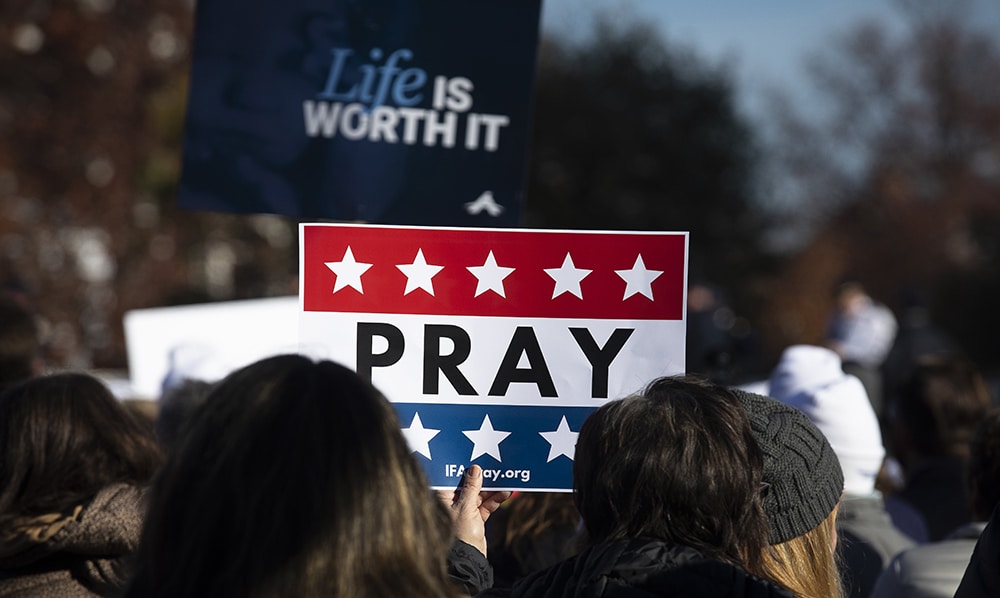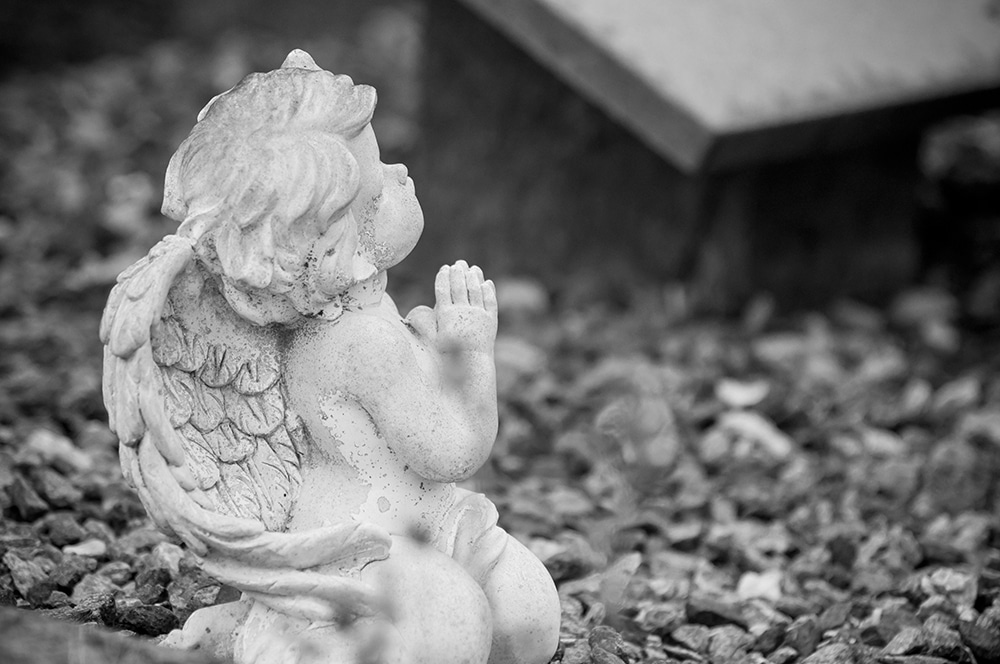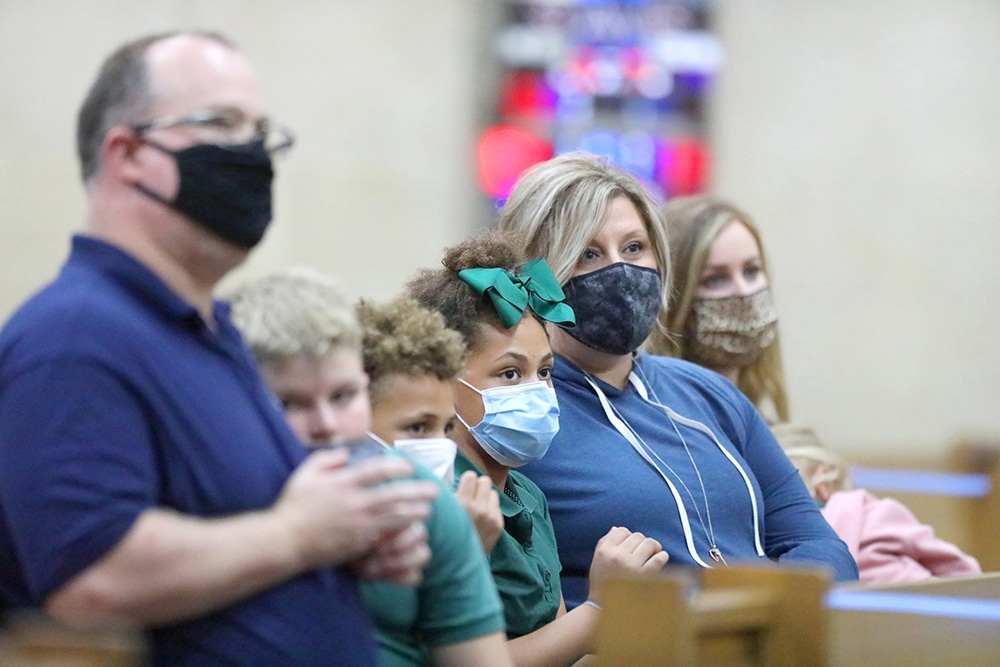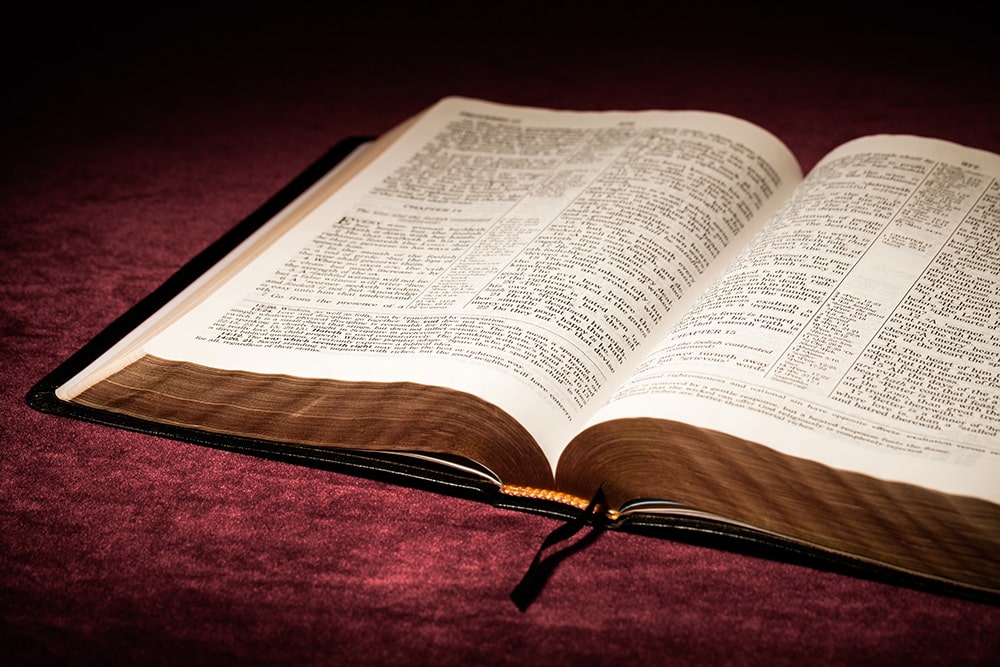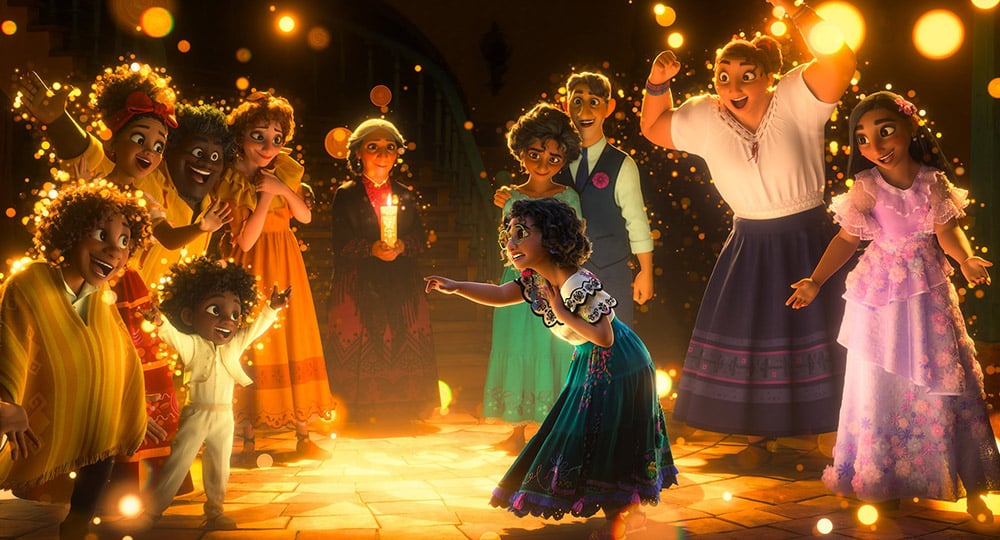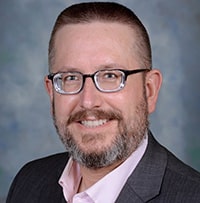 On Jan. 22, 1973, the U.S. Supreme Court released a 7-2 decision that arguably has done more than anything else to shape the culture of the United States over the last 49 years. Three generations have come of age since Roe v. Wade declared abortion on demand through the first six months of pregnancy a constitutional right. Those for whom this has always been a reality far outnumber those who can remember when the states regulated abortion, treating it, for the most part, as a form of homicide, as the Catholic Church has always declared it to be.
On Jan. 22, 1973, the U.S. Supreme Court released a 7-2 decision that arguably has done more than anything else to shape the culture of the United States over the last 49 years. Three generations have come of age since Roe v. Wade declared abortion on demand through the first six months of pregnancy a constitutional right. Those for whom this has always been a reality far outnumber those who can remember when the states regulated abortion, treating it, for the most part, as a form of homicide, as the Catholic Church has always declared it to be.
Of course, Roe did not materialize out of thin air: State laws legalizing abortion (Gov. Ronald Reagan of California signed one of the first on June 15, 1967) and court challenges to legal restrictions on abortion reflected cultural changes that had begun in the 1950s and ’60s. Roe greatly accelerated those changes, because law has a normative effect: For right or wrong, people equate what is moral with that which is legal.
I have been skeptical for many years that the U.S. Supreme Court would ever revisit the substantive issues at the heart of Roe. In 1989, when the court heard Webster v. Reproductive Health Services, Roe had not yet reached the age of majority. The court’s ruling in Webster briefly opened a window to reconsider Roe itself, but political maneuvering by the nominally pro-life George H.W. Bush administration led to the removal of a case (Turnock v. Ragsdale) from the court’s docket in December 1989, and the appointment of “stealth justice” David Souter slammed the window shut. That set the stage for the court’s 1992 decision in Planned Parenthood v. Casey, when Justice Anthony Kennedy (writing for the majority) reaffirmed Roe, declaring that “at the heart of liberty is the right to define one’s own concept of existence, of meaning, of the universe, and of the mystery of human life.” Oddly enough, for the Catholic Justice Kennedy, “the right to define one’s own concept … of the mystery of human life” included ending the lives of unborn children.
And yet, three decades after Casey, with the culture even further down the road to perdition than it was in 1992, Dobbs v. Jackson Women’s Health Organization, argued in front of the court on Dec. 1 of last year, may turn out to be what Turnock v. Ragsdale should have been 32 years before.
Should the court overturn Roe, however, a return to a culture of life in the United States is by no means assured. Long-standing laws can help buttress a civilized culture, and the removal of such laws can accelerate cultural collapse; but the deleterious cultural effects of court decisions such as Roe and its ilk aren’t magically undone when those decisions are overturned.
I say this not to take anything away from a potential legal victory in Dobbs, but simply to note that such a victory would be the beginning, not the end, of a deeper cultural battle. And in that battle, the Catholic Church, and all of the Church’s faithful here in the United States, will play a vital role. We need to create the change in the culture that a positive ruling in Dobbs may allow. The court cannot do that; but Catholics on the ground, in their parishes and cities, can, by putting our belief in the inherent dignity of all human life, from the moment of conception to the moment of natural death, into action.
Of course, should the ruling in Dobbs go a different way, there will be nothing to stop us from doing the very same thing. Either way, when the court releases its ruling in Dobbs later this year, we can and should rise to the challenge of saving the physical lives of children and the spiritual lives of their mothers and fathers, and rebuilding a culture that sees in all human life the image and likeness of our Creator.
Scott P. Richert is publisher for OSV.

